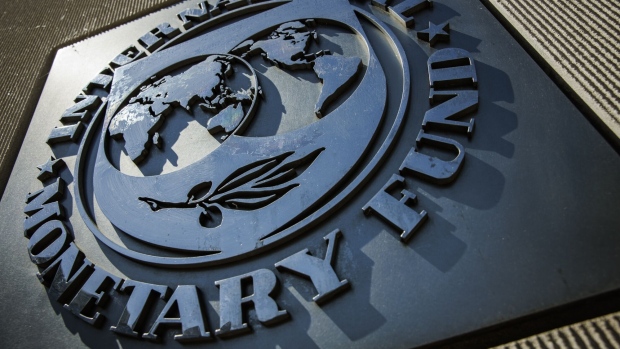Mar 19, 2024
IMF Warns Uganda’s Anti-LGBTQ Law Risks Program Objectives
, Bloomberg News

(Bloomberg) -- Uganda’s harsh law outlawing homosexuality is undermining foreign direct investment and tourism inflows, hurting attempts by authorities at meeting objectives under an International Monetary Fund program, the lender warned.
Passage of the Anti-Homosexuality Bill, or AHA, could have a larger-than-anticipated impact on the availability of external grants and loans, the Washington-based lender said in a report following a fifth review under a $1 billion extended credit facility.
“Tighter external financial conditions, a larger-than-expected impact of the Anti-Homosexuality Bill on the availability of external financing and tourism, and the impact of climate shocks on agriculture, could jeopardize growth and attainment of program objectives,” the IMF said. “The passing of the AHA has led to a negative reaction among development partners and donors, complicating the financing landscape.”
Uganda’s anti-LGBTQ law penalizes people for offenses including promoting and facilitating same-sex relations, with punishments including life sentences and even death for so-called “aggravated homosexuality.”
The World Bank has suspended new loans to Uganda over the law, while the US issued an advisory cautioning private investors about business and reputational risks of working in the East African nation. It has also excluded Uganda from the preferential African Growth and Opportunity Act trade deal.
Uganda’s Constitutional Court is hearing three petitions challenging the legislation on the basis that it infringes on Constitutional rights and freedoms.
The IMF review unlocked $120 million for Uganda, bringing disbursements to $870 million since it approved the program in June 2021.
©2024 Bloomberg L.P.







